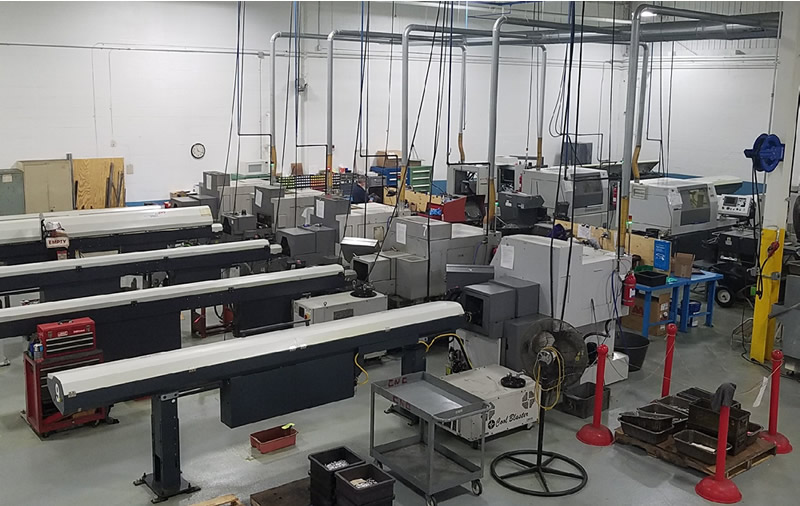Global Industrial Impact of Covid-19
Covid-19 is not just a global pandemic and public health crisis. Industries around the world are adjusting to a new normal, but normal is no longer an option.
Strict social distancing rules have left many manufacturing businesses with fewer staff and, in some countries, these industries have had to close their doors to try and flatten the curve of infections.
As many manufacturing plant managers know, switching production on and off is not an easy or affordable task. Below we have highlighted just a few of the ways Covid-19 has impacted global industrial manufacturing.
Impact on Production
Slowed economic activity has reduced the demand for industrial products on a global scale. Industrial production shrank by around 25 percent in many regions during April and May of 2020.

The new reality is complex and uncertain, and organisations will need to adapt to survive and thrive. The impact of social distancing within an industrial environment means that leaders need to look to automation to lessen the blow of reduced operational capacity of their shift workers.
With the right machinery and equipment, the Machining & Manufacturing industries can mitigate against the issues that arise from fewer staff being able to work.
CNC machining is a perfect example of how to increase product quality whilst simultaneously increasing production speed and efficiency.
The cost-effective nature of CNC machining has the operator working from an acceptable social distance to any other staff member and often behind a guard or closed door as an added safety precaution.
Impact on Raw Materials
Due to the Covid-19 outbreaks around the world, manufacturers of chemical, automobile and electronics industries in particular are facing concerns regarding the availability of raw materials, such as aluminium.
Many companies have commenced a reduction in production and have postponed the introduction of new products to the market which has resulted in this interrupted supply of raw materials and components.
The electronics industry was particularly hard hit as 85 percent of the components for smartphones are produced and manufactured in China and most Chinese factories had to close their doors to due to Covid-19.
Financially Speaking
A contracting economy and decreased spending has had a major impact on manufacturing companies around the world. Lockdowns around the world have forced many factories to temporarily shut down.
This impact will be felt for years to come. The manufacturing sector accounts for over 16 percent of global GDP, because of this many countries will need to prioritise manufacturing within their regions if they are to recover as a country.
Around 80 percent of industrial manufacturers expect these unprecedented times to have a major financial impact on their bottom line, especially those that depend of workers whose jobs cannot be performed remotely.
Safeguarding consumer health as well as workforce health has had to remain a top priority for many countries as they battle with the increase of infections within their borders.
Governments will need to continue supporting their industrial organisations by reducing taxes, rentals and utility costs for these companies to cope with the challenges brought on by this devastating pandemic.

